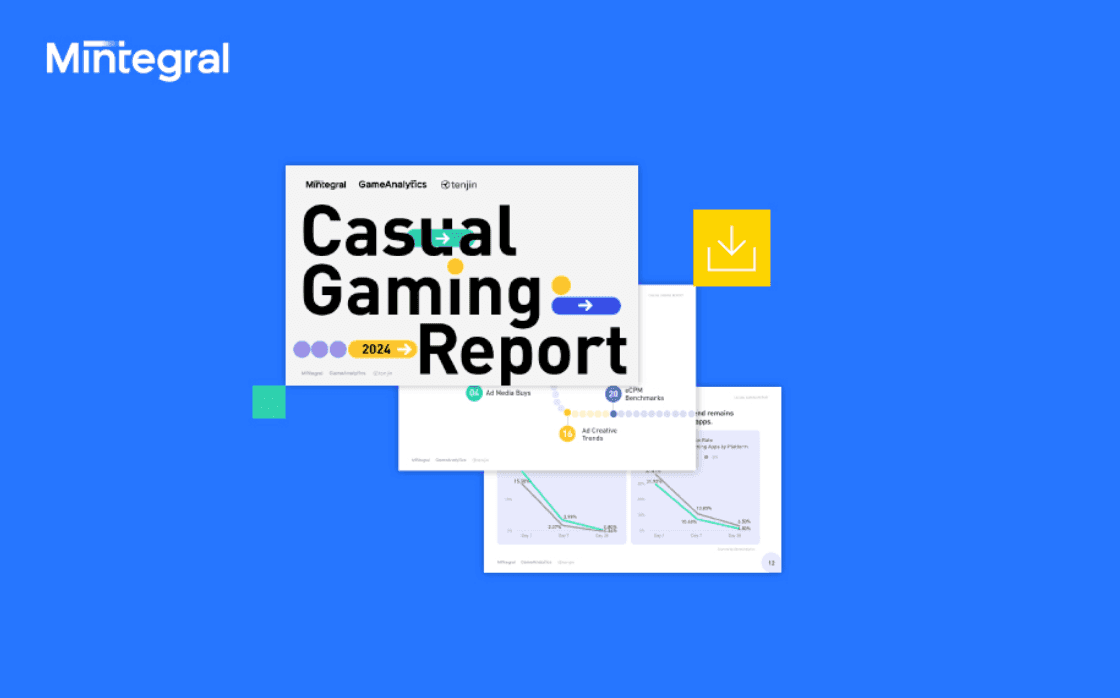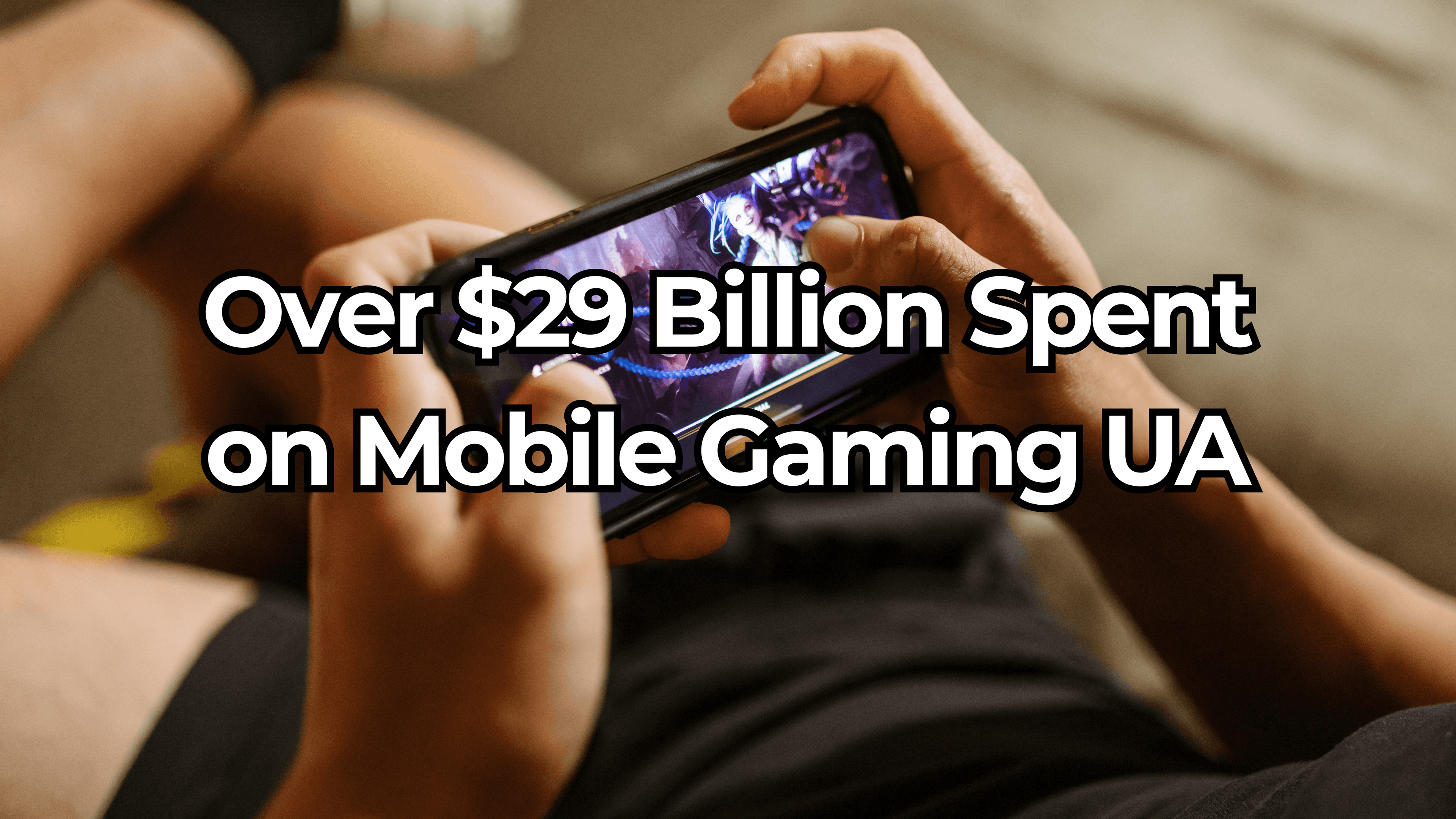A recent BBC investigation has uncovered that most of the UK’s top-grossing mobile games are failing to disclose the inclusion of loot boxes in their advertisements. These in-game purchases, which offer random rewards, have faced criticism for being exploitative and fostering addictive behavior. Despite guidelines issued by the Advertising Standards Authority (ASA) requiring clear disclosure, only two of the top 45 highest-grossing mobile games on the Google Play Store adhered to these rules.

Two People Playing Mobile Games
$15 Billion in Revenue
Loot boxes reportedly generate around $15 billion annually for gaming companies, reflecting their significant financial importance. However, their design, which some argue is “habit-forming,” has led to widespread overspending among players. Zoë Osmond, CEO of GambleAware, expressed concern that exposing children to such gambling-like activities normalizes risky behavior, potentially leading to gambling later in life.
Regulatory Concerns Over Loot Boxes
Loot boxes, which contain random digital items, have been likened by game-makers to purchasing a toy in a surprise-filled chocolate egg. Critics, however, argue that they mimic gambling and exploit vulnerable players, including children. A 2022 report by the Norwegian Consumer Council described loot boxes as “predatory mechanisms” that foster addiction and target susceptible consumer groups.
The UK government has so far resisted calls to regulate loot boxes, instead urging the gaming industry to self-regulate. In July 2023, industry trade body Ukie issued guidelines requiring loot boxes to be disclosed prior to game purchases, with companies given a year to comply. However, the BBC investigation found that the majority of major mobile games are still non-compliant.
Generic Gaming Image
Industry and Regulatory Responses
The ASA, responsible for overseeing advertising standards, acknowledged that it continues to monitor the sector to ensure compliance. However, critics say the regulator’s efforts lack enforcement power. Leon Y Xiao, a researcher in video game regulation at the IT University of Copenhagen, noted the ASA’s slow processing of complaints and limited ability to compel companies to act.
Adrian Hon, CEO of game developer Six to Start, criticized the gaming industry’s reluctance to prioritize player welfare, stating that many companies "conveniently ignore or forget regulations" that may hinder sales.
Widespread Non-Compliance
Of the 45 highest-grossing games examined, 26 included loot boxes, with 22 actively advertising at the time. Only two of these games explicitly mentioned loot boxes in their promotional material. Among those not in compliance was Monopoly GO, the top-grossing title on the Google Play Store, which has surpassed 50 million downloads and generated over $3 billion in revenue.
Dr. Jane Rigbye, CEO of the Young Gamers & Gamblers Education Trust (Ygam), emphasized the need for transparency in gaming: “In the absence of robust regulation in gaming, it is essential for games to provide clear and transparent information about their features, allowing both parents and gamers to make informed decisions.”

Popular Mobile Games
Relevance to Web3 Gaming
The issues surrounding loot boxes in mobile gaming are particularly relevant to the emerging web3 gaming landscape, where blockchain technology and tokenized assets promise greater transparency and player ownership. Blockchain gaming platforms often tout decentralized governance and user-driven economies as solutions to exploitative practices.
However, the current challenges with loot box disclosure highlight the broader need for robust regulations and ethical standards, even in decentralized ecosystems. Without proactive measures, web3 gaming risks replicating or amplifying the same predatory mechanisms seen in traditional games, undermining its potential to create a more equitable and player-centric gaming environment.
Final Thoughts
The failure to disclose loot boxes in mobile game advertising raises significant ethical and regulatory questions. As the gaming industry continues to profit from these mechanisms, the lack of transparency has drawn criticism from consumer advocates, researchers, and regulatory bodies alike. Greater enforcement of advertising rules and more robust oversight may be required to protect vulnerable players from potential harm.
Source: BBC



